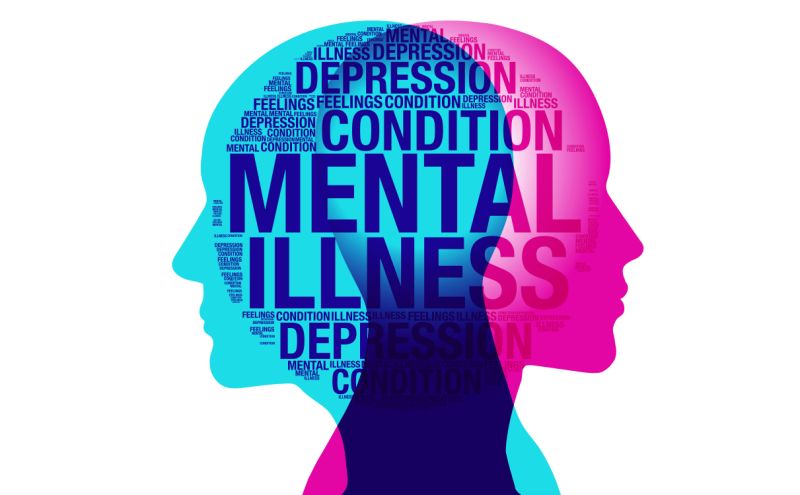World Mental Health Day is a day of awareness which takes place every year on October 10 and it aims to educate and raise awareness of mental health issues.
The day was set up by the World Federation for Mental Health and it was first celebrated in 1992.
Each year the event has a different theme and this year it’s psychological first aid and the support people can provide to others in distress. And the primary focus for this years theme is:
Suicide prevention.
Certain statistics claim that Mental health problems affect one in four of us, yet people are still afraid to talk about it, more especially in this part of the world (Nigeria)
According to the World Health Organisation, depression rates are on the rise and will soon be considered a leading illness around the world if nothing is done.

Suicide isn’t always related to mental health problems, and not everyone suffering from mental health problems is suicidal, however these two things are closely linked.
Many people like to assume that mental health problems do not exist amongst black/African people. This is due to several cultural and religious factors and also lack of education around the subject. Many of us do not know how to recognize mental health problems and in some cases, when it is recognized, instead of seeking appropriate help, attempts are made to either brush it off or pray it away or worse still ignore the problem. And this only serves to worsen the problem and in some cases leads to suicide.
One way to improve attitudes towards mental health problems is to have more open conversations about mental health. And also to educate ourselves on how to spot these problems and how to offer help.
Emotional support
If someone lets you know that they are experiencing difficult thoughts and feelings, you may not know what to do or say – but you don’t need any special training to show someone you care about them. Most times just being there for someone and doing small things can be really helpful. For example:
Listen
Simply giving someone space to talk, and listening to how they’re feeling, can be really helpful in itself. If they’re finding it difficult or feel like they are not ready to talk, let them know that you’re there when they are ready.
Offer reassurance
Seeking help can feel lonely, and sometimes scary. You can reassure someone by letting them know that they are not alone, and that you will be there to help.
Stay calm
Even though it might be upsetting to hear that someone you care about is distressed, try to stay calm. This will help your friend or family member feel calmer too, and show them that they can talk to you openly without upsetting you.
Be patient
Allow them to share or open up at their own pace. You might want to know more details about their thoughts and feelings, or want them to get help immediately. But it’s important to let them set the pace for seeking support themselves.
Try not to make assumptions
Your perspective might be useful to your friend or family member, but try not to assume that you already know what may have caused their feelings, or what will help.
Keep social contact
Part of the emotional support you offer could be to keep things as normal as possible and not always focus on their problems. This could include involving your friend or family member in social events, or chatting about other parts of your lives.
Practical support
Apart from emotional support, there are lots of practical things you can do to support someone who is ready to seek help. For example:
Look for information that might be helpful. When someone is experiencing mental health problems, they may feel too overwhelmed to seek help or they may feel worried about making the right choice, or feel that they have no control over their situation. You can help by researching what options are available in your area. For example doctors or psychotherapists who specialise in mental health or just an initial consultation with a general physician who may go on to refer to the right specialist.
Help to write down lists of questions that the person you’re supporting wants to ask their doctor, or help to put points into an order that makes sense (for example, most important point first).
Help to organise paperwork. For example making sure that your friend or family member has somewhere safe to keep their notes, prescriptions and records of appointments.
Go to appointments with them, if they want you to – even just being there in the waiting room can help someone feel reassured.
Ask them if there are any specific practical tasks you could help with, and work on those. For example, this could include:
- Driving them around
- Assisting with or arranging childcare
- taking over a chore or household task.
Learn more about the problem they experience, to help you think about other ways you could support them.
If you feel that someone you care about is clearly struggling but can’t or won’t reach out for help, and won’t accept any help you offer, it’s understandable to feel frustrated, and powerless. But it’s important to accept that they are an individual, and that there are always limits to what you can do to support another person. However you should still remain patient and continue to offer as much emotional support and reassurance as they are willing to accept and let them know that you’ll be there whenever they are ready to get help.






